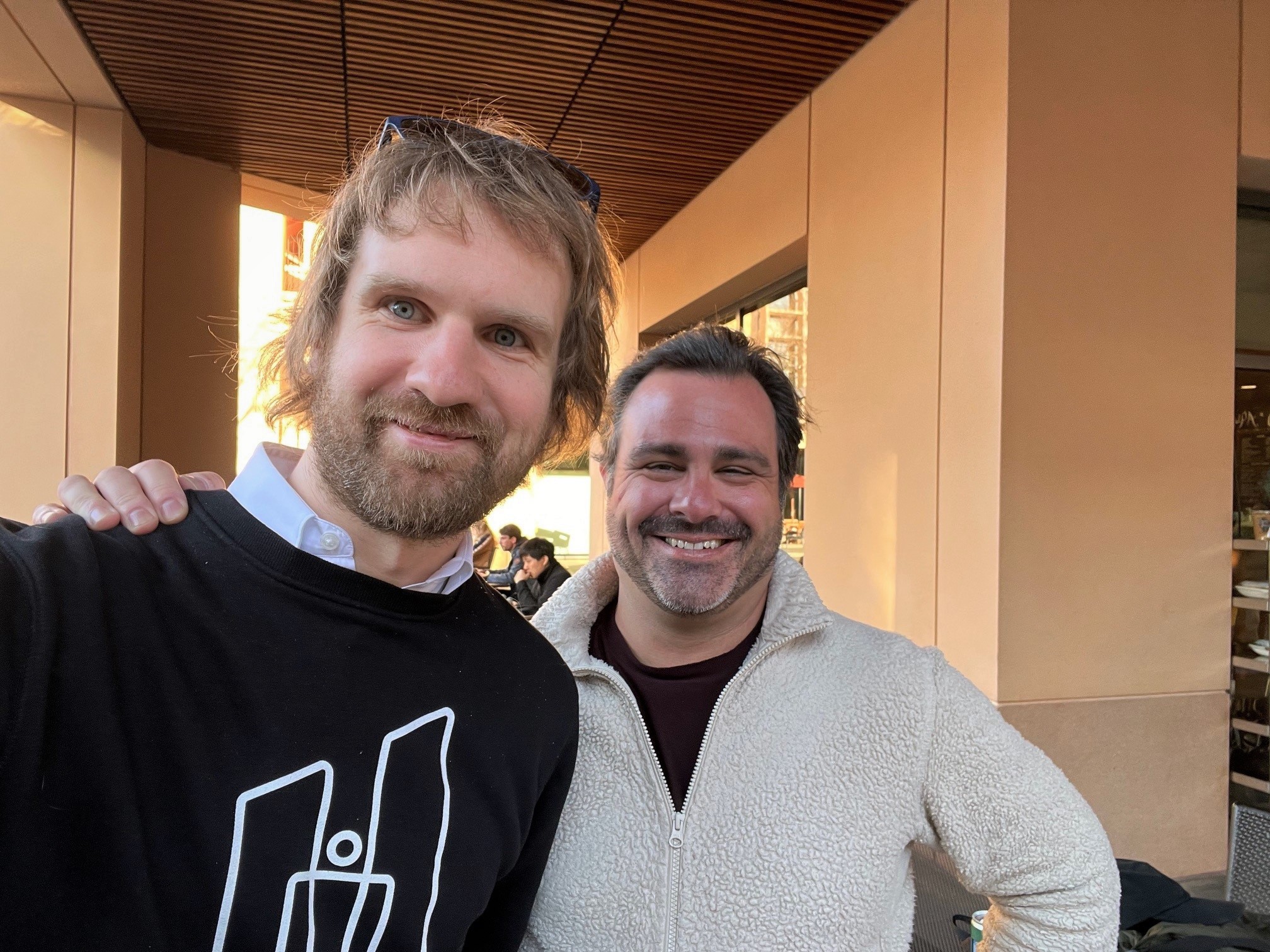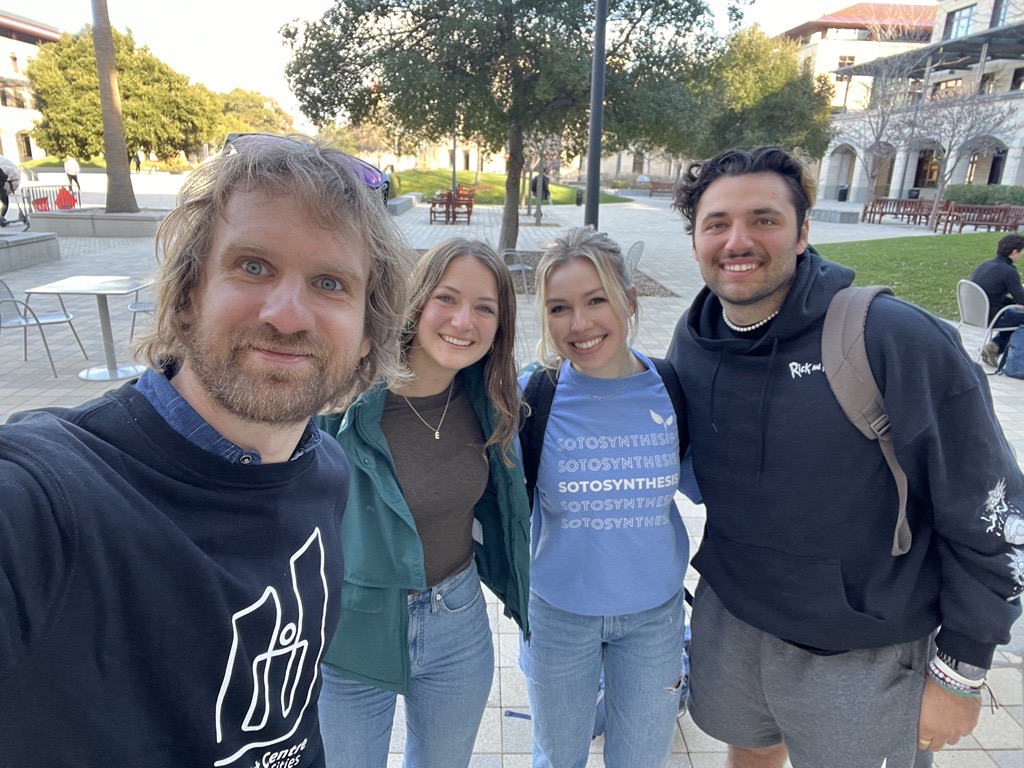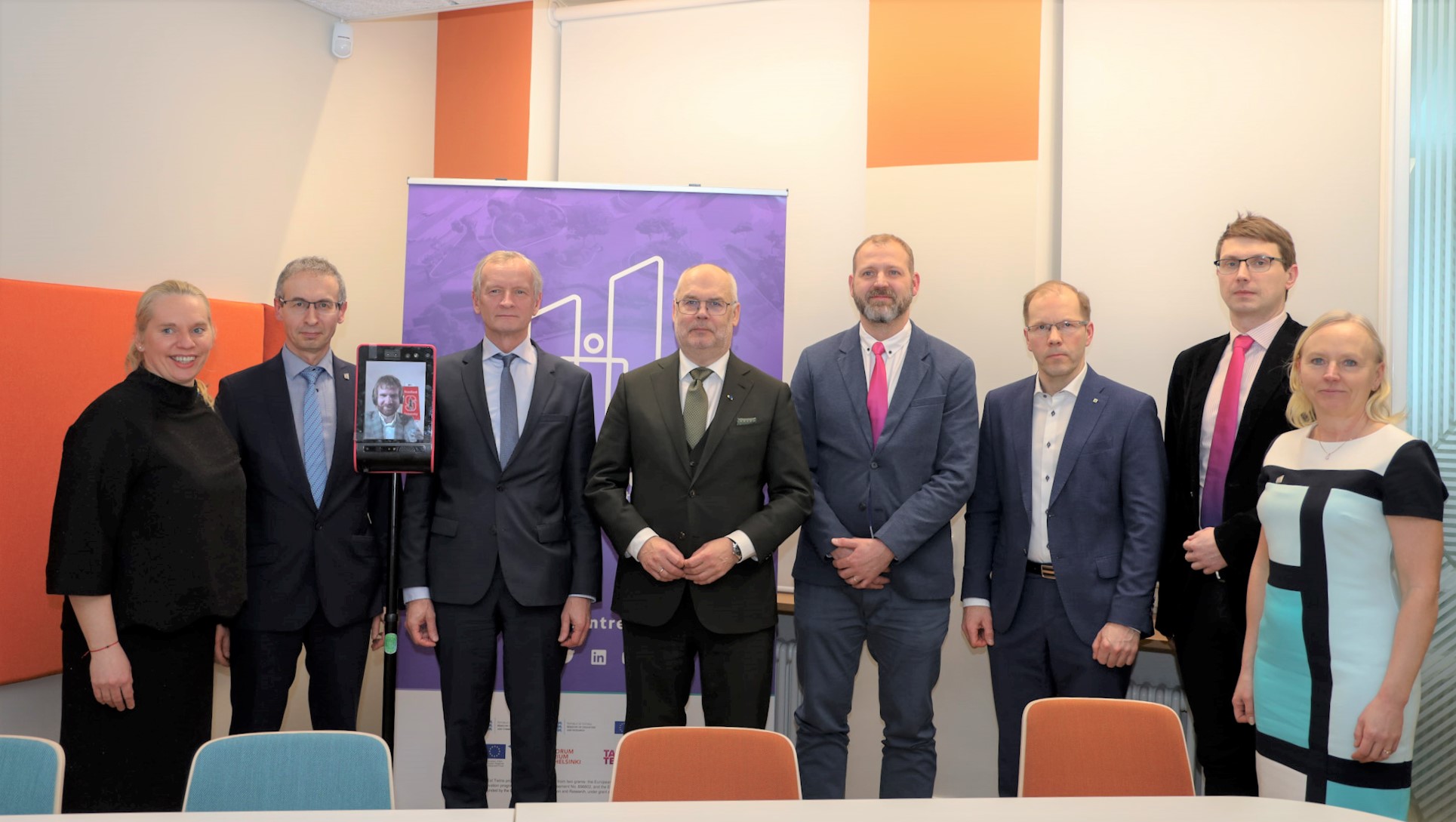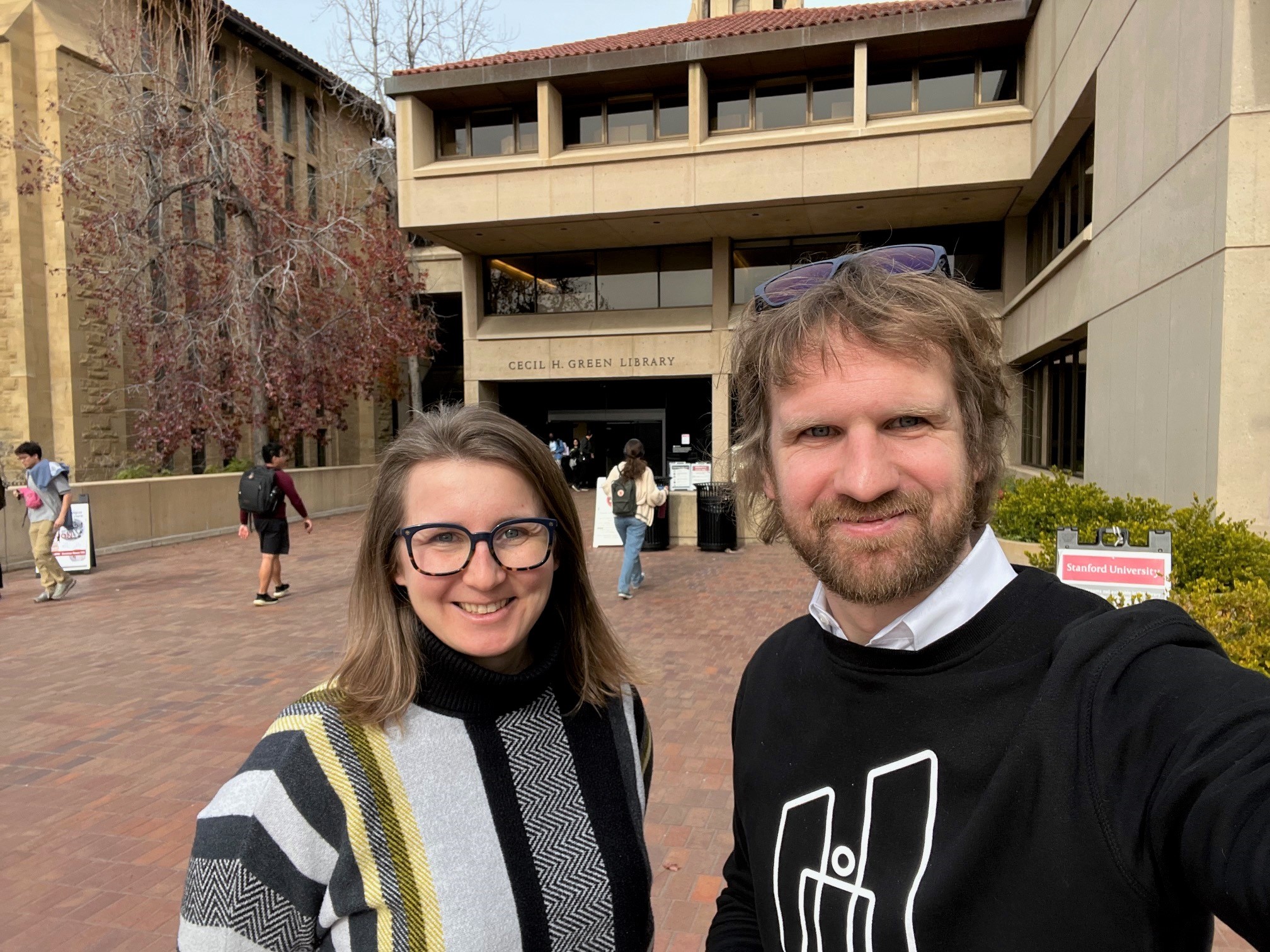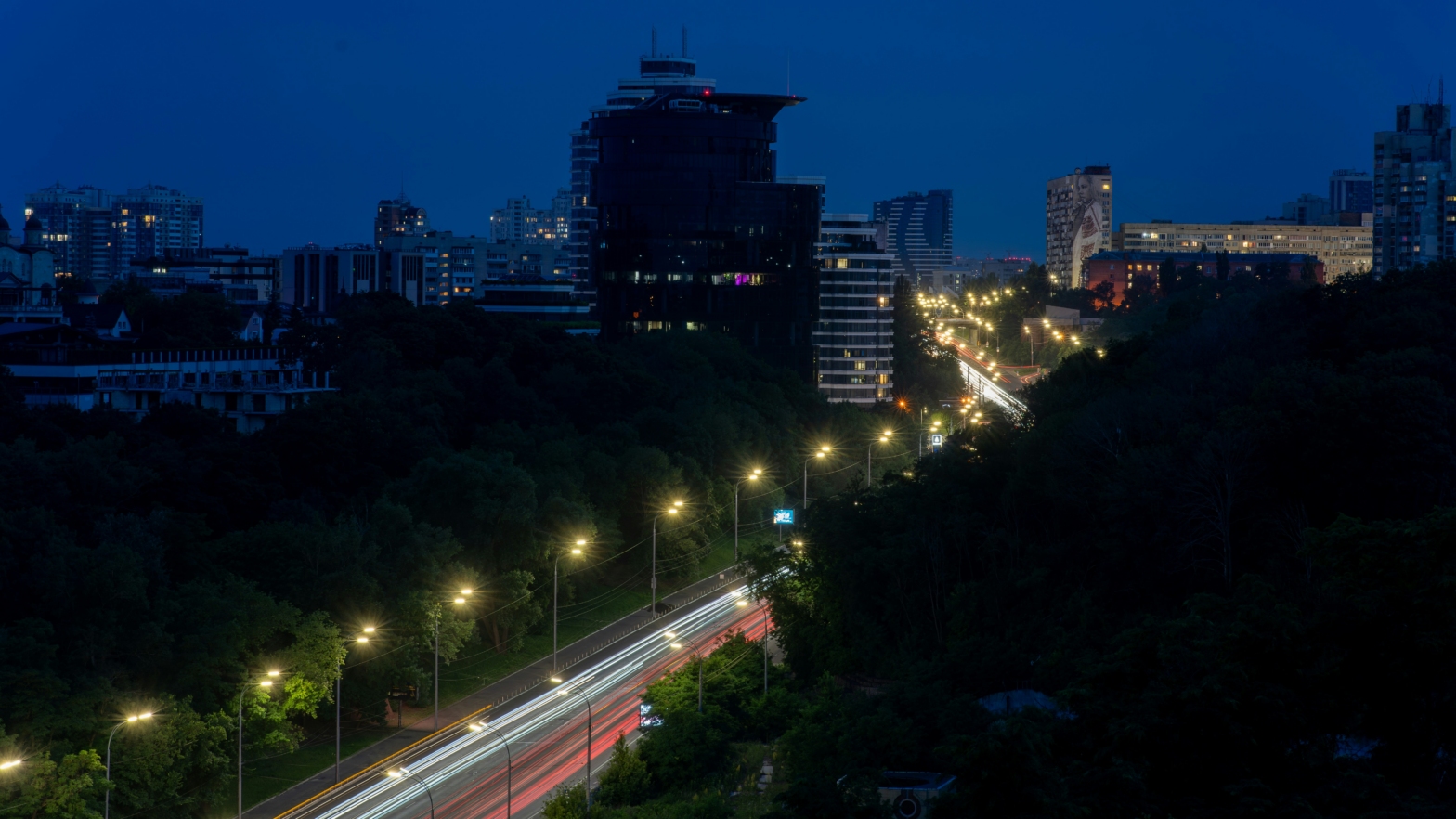The Global Digital Governance Fellowship (GDGF) has effectively helped me to start collaboration with majority of key initiatives at Stanford within the movement of smart cities. As a positive surprise, there is way more research going on at Stanford around the smart city concept than I predicted. Institutionally, Stanford does not have one central unit on smart city but it is rather distributed within several groups. In general, the keyword of „smart city“ is much more popular and compared to Europe, you don’t get as much the question of defining the smart city and what it is.
I spent a couple of months in this year at Stanford University with a Global Digital Governance Fellowship for Estonian Scholars. The fellowship continues throughout 2023 as I will go back also this in autumn. Here you can read more about my experience and future plans.
Collaboration with key initiatives at Stanford within the smart cities movement
Thanks to being at Stanford in person, I have managed to meet and exchange plans with 10 globally distinguished researchers (professors and/or directors) representing centers, programs and labs connected to smart city movement at Stanford:
- Program on Geopolitics, Technology, and Governance (Andrew J. Grotto) – cyber policy and data governance in smart cities.
- Smarter City and Smart Infrastructure (Michael D. Lepech, Jie Wang, Kincho H. Law) – globally novel smart city concept with test site in Korea.
- Urban Informatics Lab (Rishee K Jain) – rapid city level modelling of transition towards climate neutral buildings.
- Autonomous Systems Laboratory (Marco Pavone) – autonomous mobility for cities.
- Stanford Exploration Project (Biondo Biondi) – using fiber-optic cables to track urban mobility.
- Urban Studies (Sean F. Reardon and Michael Kahan) – societal aspects of changes in cities: education, migration, poverty, gender gentrification etc.
- Digital Living 2030 (Nick Bambos) – Tel Aviv University-Stanford joint initiative with key focus on predicting future smart cities.
